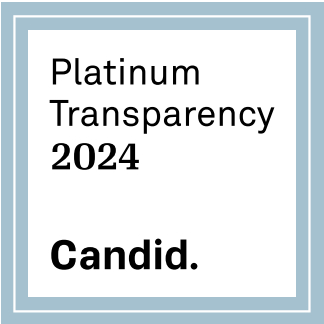Lifestyle changes mean modifying things we have control over. It involves factors that may bring on symptoms or make them worse, such as dietary changes or changes in daily routine. While diet does not cause gastroesophageal reflux disease (GERD), reflux and its most frequent complaint of heartburn can be aggravated by foods. Certain medications can aggravate symptoms. Disclose the use of any medications to your physician.
Heartburn is the burning sensation in the chest behind the breastbone that we feel when stomach acid refluxes back into the esophagus (food tube). If you have this symptom, there are a number of things that you may be doing that brings it on and some things you can do to help prevent it.
Position
Gravity plays an important role in controlling reflux. Those of us who have a less than perfect lower esophageal sphincter (LES) find that if we lie down after a large meal, food comes back into the esophagus and heartburn occurs. If you experience heartburn, think whether it occurs after meals, when you lie in bed at night, or if you take a nap after a meal. Maintaining an upright posture until the meal is digested may prevent the heartburn. If heartburn occurs regularly at night, consider raising the head of the bed or inserting a triangular wedge to keep your esophagus above the stomach. Avoid exertion after a meal. It contracts the abdominal muscles and forces food through a weakened sphincter. This is especially true of tasks that require bending such as lifting or cleaning the floor.
Tip: Don’t lie down within 3 hours of eating. That’s when acid production is at its peak, so plan early dinners and avoid bedtime snacks.
How you eat
How is perhaps more important than what you eat. A large meal will empty slowly from the stomach and exert pressure on the LES. A snack at bedtime is well positioned to reflux when you lie down. It is best to eat early in the evening so that the meal is digested at bedtime. You might try having the main meal at noon and a lighter one at dinnertime. All meals should be eaten in relaxed stress-free surroundings. Trips to the kitchen to fetch food or the performance of other tasks such as minding children should be suspended during, and for a time after, eating. Smaller meals and an upright, relaxed posture should help minimize reflux.
Tip: Avoid large meals, especially late in the day. Try to make your main meal the mid-day meal.
What you eat: diet
Certain foods compromise the sphincter’s ability to prevent reflux, and are best avoided before lying down or exertion. These differ from person to person. Many people find that fats, onions, and chocolate as particularly troublesome. Alcohol often provokes heartburn, by compromising the LES, irritating the esophagus, and by stimulating stomach acid production. Common beverages such as coffee (both caffeinated and decaffeinated), tea, cola, tomato juice, and citrus juice may aggravate symptoms by irritating the esophagus or stimulating stomach acid production.[3] Certain other foods may bother some people; upon their discovery a period of avoidance or reduction may be of benefit.
Tip: Experiment to find what does and does not work best for you. Start by reducing fatty foods, onions, and chocolate.
Some oral medications such as potassium supplements or the antibiotic tetracycline will burn if allowed to rest in the esophagus. To be safe, one should always swallow medication in the upright position and wash it down with lots of water.
Other factors
Being overweight can promote reflux. Excess abdominal fat puts pressure on the stomach and the loss of even a moderate amount of weight makes many people feel better. Pregnancy is often troubled by heartburn, particularly in the first three months. Certain hormones appear to weaken the LES, and the increasingly crowded abdomen encourages reflux. Generally, if there has not been too much weight gain, a woman’s heartburn improves after delivery. Stress or strong emotion can also influence heartburn.
Read more about burning calories to reduce heartburn
Antacids may temporarily relieve heartburn by neutralizing stomach acid. Other over-the-counter drugs that reduce acid production are available for short term and occasional relief of heartburn.
If heartburn occurs on two or more days per week despite the measures discussed above, you should consult your family doctor.








